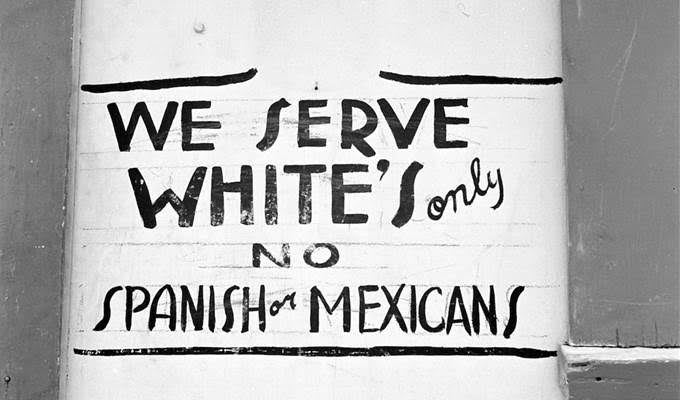
Anti-sanctuary cities bill, SB4, builds on history of racism in Texas
Looking into the history of the treatment of Mexican immigrants in Texas, one can track the progression of racist tactics throughout the years.
As the Texas state capitol in Austin has been filled with commotion since the passing of SB-4, which bans sanctuary cities, a little of the state’s history can be seen seeping through the cracks.
According to an in-depth article by NBC News, before Texas was a state, the anti-Mexican sentiment could be found throughout the land in a timeline flowing from massacres and employment discrimination to voter ID laws and redistricting.
While current political rhetoric could make the seeming anti-Mexican sentiment appear to be new, the state has seen horrors as sinister as lynching and mass murders against Mexicans leading to close to 232 dead as late as 1928.
In fact, the discrimination was so severe that the Voting Rights Act was used as the foundation for the 1975 expansion act to prevent discrimination against those who spoke English as a second language.
"For Texas it really has been a slow march to effective citizenship for Mexican-Americans," said John Morán González, director of the Center for Mexican American Studies at University of Texas at Austin.
Having followed the history of state-sanctioned violence against Mexican immigrants and those of Mexican descent, González is one of the founders of the Refusing to Forget Project that documented and created an exhibit for the Bullock Texas State History Museum on state-sanctioned violence against Mexicans and Mexican-Americans living on the Texas-Mexico border during 1910-20.
RELATED CONTENT
And the violence existed where Mexican were not an insignificant minority. Making up 40 percent of the state population, Mexican advancement is and was vital not only to the community but to the state as a whole.
Certain organizations, such as the Mexican American Legal Defense and Educational Fund (MALDEF), a civil rights legal group, have been fighting for the advancement of the Mexican residents since day one.
Thomas Saenz, President and CEO of the grassroots organization has proven that they are still committed to fighting for the rights of Mexicans and their descendants in Texas, filing a suit on Thursday on behalf of San Antonio, Texas and three non-profits to prevent SB4 from taking effect.
"This marginalization and discrimination against people of Mexican origin," Fraga said, "is at the heart of Texas' identity,” says Luis Fraga, co-director of the Institute of Latino Studies at the University of Notre Dame, said what is happening with SB4, along with Texas' recently toughened voter laws, "has to be understood in the context of what Texas has always been."











LEAVE A COMMENT: